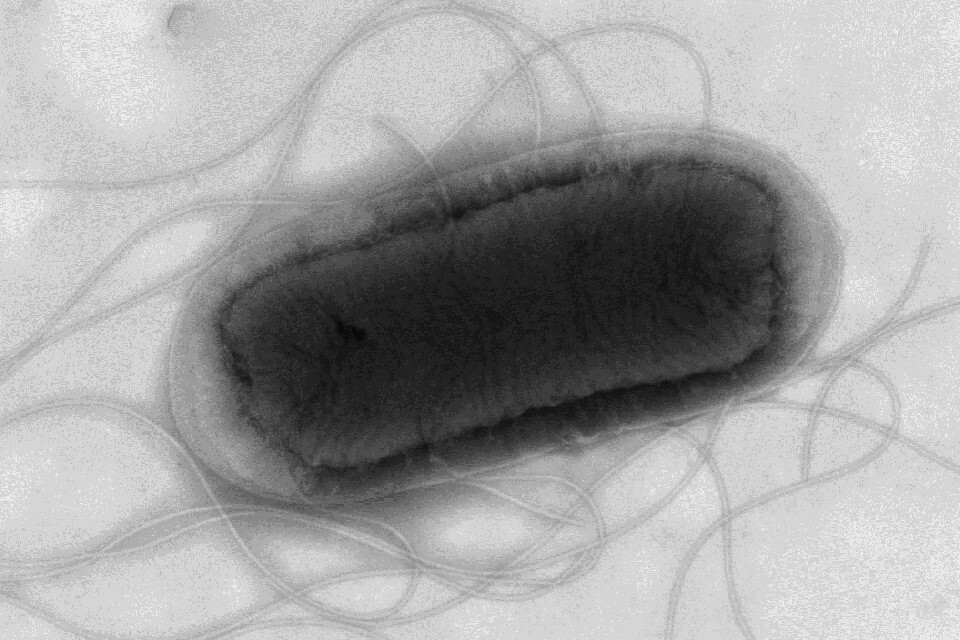
Government scientists are investigating a sudden rise in E. coli (STEC) cases after more than 110 people became unwell with symptoms in the space of just ten days.
The UK Health Security Agency (UKHSA) said it was most likely that this outbreak was linked to a nationally distributed food item or multiple food items.
While the source of the outbreak is not yet confirmed, the agency said there was currently no evidence linking the outbreak to farms, drinking water or swimming in contaminated water.
Infections caused by STEC bacteria can cause severe bloody diarrhoea and, in some cases, more serious complications.
It is often transmitted by eating contaminated food but can also be spread by close contact with an infected person, as well as direct contact with an infected animal or its environment.
It can also be carried by cattle, sheep and other livestock, which can be spread to humans via an infected animal or their faeces.
As of 4 June, there have been 113 confirmed cases associated with this outbreak of STEC O145 in the UK, all reported since 25 May 2024.
Cases range in age from 2 years old to 79 years old, with the majority of cases in young adults, UKHSA said.
Trish Mannes, incident director at UKHSA, said: "Symptoms of infections with STEC include severe and sometimes bloody diarrhoea, stomach cramps, vomiting and fever.
"If you have diarrhoea and vomiting, you can take steps to avoid passing it on to family and friends.
"Washing your hands with soap and warm water and using disinfectants to clean surfaces will help stop infections from spreading.
"If you are unwell with diarrhoea and vomiting, you should not prepare food for others and avoid visiting people in hospitals or care homes to avoid passing on the infection in these settings.
"Do not return to work, school or nursery until 48 hours after your symptoms have stopped."
